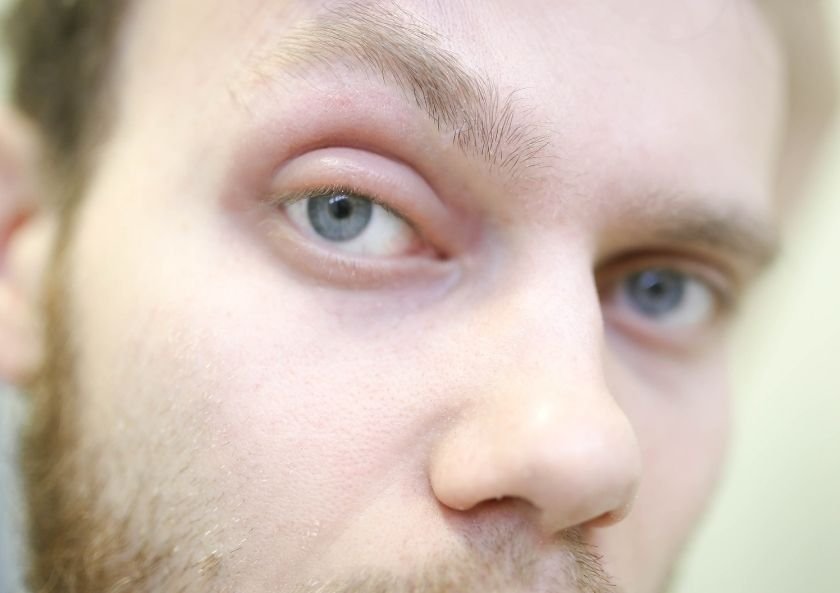Hereditary angioedema is a rare but serious problem related to the immune system. This condition is inherited in families. It causes swelling in the face and airways and abdominal cramps. Many parts of the body may be involved, including the hands, feet, intestinal wall, genitals, face, tongue or larynx.
Hereditary Angioedema Symptoms
Typical signs and symptoms of hereditary angioedema begin in childhood or adolescence and continue throughout life. Symptoms include:
- Airway obstruction – swelling of the throat and sudden hoarseness
- Recurring abdominal cramps for no apparent reason
- Swelling of the hands, arms, legs, lips, eyes, tongue, throat, or genitals
- Swelling of the intestines – can be severe and cause abdominal cramping, vomiting, dehydration, diarrhea, pain, and occasional shock
- Non-itchy red rash
Diagnosis
Hereditary angioedema is difficult to diagnose because of the irregularity of the attacks and some symptoms imitate other diseases. Patients with a parent with a mentioned disease have a probability (about 50%) of developing the disease, so if this disease is suspected, a family history of genetics is part of the diagnostic study. It is considered to be a reliable and cost-effective screening test for hereditary angioedema, as the serum C4 level almost always decreases during attacks and is generally low between attacks. In addition, the three types of hereditary angioedema are characterized by genetic testing and blood tests of complementary levels such as C1, C2, and C4. Ultrasound, CT scan, and X-rays can show fluid accumulation in various tissues.
Causes
A problem with the gene that makes a blood protein called a C1 inhibitor causes hereditary angioedema. In most cases, this protein is not available in sufficient quantities. Others may have normal levels but may not work properly.
For the most common form of hereditary angioedema, if one of the parents has this disease, the person has a 50% chance of developing the disease. However, sometimes gene change occurs for unknown reasons. If you have a broken gene, you can pass it on to your children.
Treatment
Doctors may recommend the following medications to treat or prevent attacks:
- C1 Esterase Inhibitor
- Conestat alpha
- Ecallantide
- Icatibant
- Lanadelumab
You may also need oxygen or IV fluids to relieve your symptoms. Your doctor will make suggestions for what you need.



